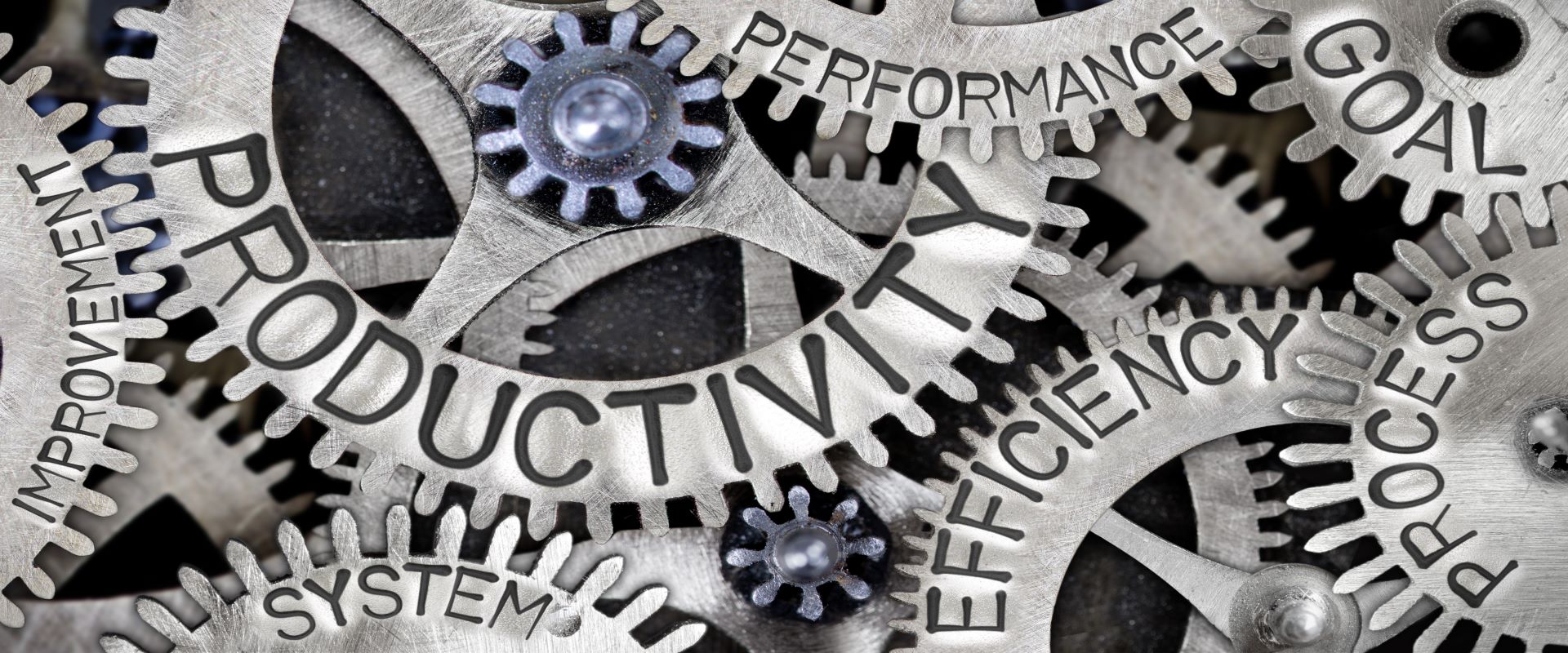08 Jun Performance and Productivity in the Age of COVID
by Wayne Forster January 2021
As we turn the leaf to 2021, it appears that COVID-19 will be with us for some time to come. Despite the arrival of vaccines, most predictions are that it could be the end of the year, or even later, before things return to some sense of normal. For businesses, that means that the measures they have put in place to deal with the virus and the resulting government restrictions with remain for the foreseeable future. (Some may even be permanent.)
COVID-19 has certainly had a major impact on the operations of businesses. One of those impacts is the effect on the performance and productivity of employees.
Before examining those impacts, let’s start with a few definitions. The term “performance” typically refers to the extent to which an employee has carried out their tasks in accordance with standards and expectations established by management. To put it in simpler terms, they’ve done what’s been asked of them in the way they’re supposed to. Take the example of a Customer Service Representative (CSR) with a cell phone company whose job is to handle phone calls from customers with questions about their account. To meet performance expectations, the employee would not only be expected to answer the call, but to deal with the customer in a friendly, courteous manner and answer the inquiry to the customer’s satisfaction.
Productivity refers to the amount of output of an employee over a specified period of time.
Productivity is a related but distinct term. It refers to the amount of output of an employee over a specified period of time. In the CSR example above, productivity would refer to the number of calls processed by the employee in a specified period of time, say per day. The company likely has a target number of calls it expects employees to be able to process per day, on average.
As such, employees may be productive but not perform to expectations. The CSR mentioned above may be able to meet targets for the number of calls to be processed per day, but they deal with the customer in a rude and discourteous manner, or they fail to deal with the inquiry to the customer’s satisfaction. Conversely, they may perform to expectations but are not very productive, perhaps because they spend too much time chatting with customers about unrelated issues.
Now, back to our topic. How has COVID-19 impacted on employee performance and productivity within businesses and organizations?
From all the reports I’ve seen and all the conversations I’ve had with business owners, there is little doubt COVID-19 has had a negative effect on employee productivity in many businesses. Social distancing measures, PPE requirements, COVID-19 testing, and seemingly minor tasks like asking customers to sanitize before they enter the business have all taken time away from core functions and have, therefore, lowered productivity.
But what about performance? Has COVID-19 negatively impacted employee performance? In my view, it doesn’t need to. There should be no good reason why employees cannot meet performance standards and expectations because of COVID-19. They may not be able to serve as many customers or get as much done in the course of a day because of COVID measures, but there seems to me no reason why they can’t still perform their tasks in a quality way.

The main issue in terms of performance is measurement. Operational changes implemented because of the virus may be making it more difficult for managers and supervisors to evaluate performance. This is especially true if employees are working from home. For some tasks, measurement is straightforward. If you are a salesperson, your performance is measured by how many sales you make. But for other jobs, it’s not as straightforward. It’s therefore critical to examine your performance management processes to see if they fit the new workplace reality. Are you utilizing the right metrics? Can you use software to better measure results? Can you have performance discussions over Zoom?
In summary, businesses should expect that productivity will likely suffer somewhat because of the pandemic. But owners and managers shouldn’t allow the virus to be used as an excuse for poor performance.



